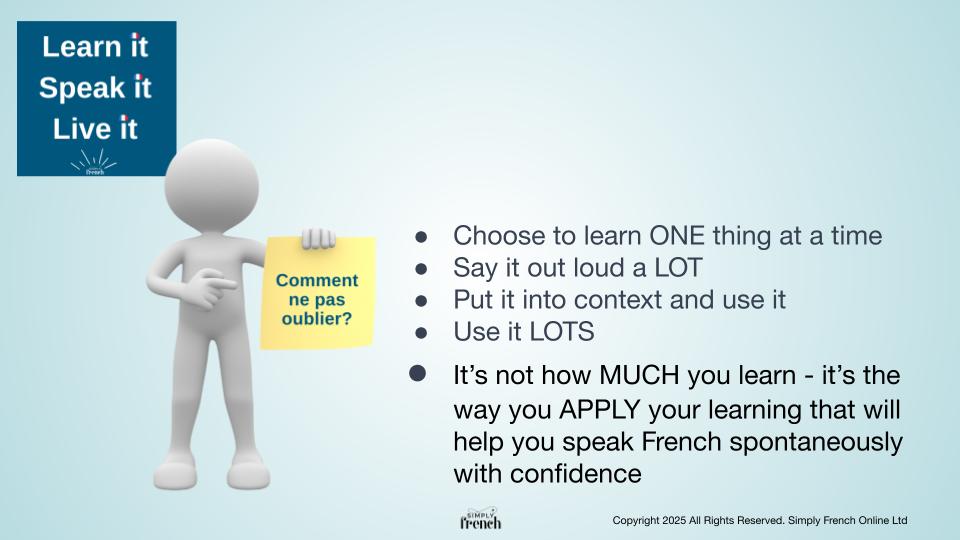What’s the difference between “Location” in French and “hiring” in English?
Jul 21, 2025LOCATION - Did you realise this is yet another ‘false friend’ in language ?
You often see signs up in towns and villages in France with this word up.
I always thought it was a bit strange to have “what place you’re at” posted up over some shops.
When I finally went into one of the shops, I soon realised that it actually meant “for hire” and it made sense, in the actual situation.
This is clearly a false friend and you would be forgiven for thinking it was referring to something like “geolocation”.
But that is a different word!
Today you will discover:
- The difference between “location” in French and in English
- Even more false friends to stop you getting mixed up!
- Nifty ways to make sure you don’t forget.

Same field but with different use.
They are both related to books. Yet, one is to buy books and the other to borrow them:
- une librairie >>> a book shop
- une bibliothèque >>> a library
Let’s see them in context:
- Mince, la bibliothèque est fermée. >>> Rats, the library is closed.
- Il faut en acheter à la librarie. >>> We’ll have to buy them at the bookshop.

Unlike the previous pair, this one varies completely:
- un endroit >>> a location
- une location >>> a rent
Here’s a way to use them:
- Tu es où, exactement, à quel endroit ? >>> Where are you exactly, in which place?
- Tu veux louer un vélo ? >>> Do you want to hire a bike?

This pair is tricky. They involve the brain somehow:
- un souvenir >>> a memory
- un mémoire >>> an autobiography or a mini PhD
Some examples for you:
- J’ai de beaux souvenirs de notre belle promenade. >>> I’ve got beautiful memories of our beautiful walk.
- Ma mère a publié un mémoire sur sa vie en Provence. >>> My mum published an autobiography of her life in Provence.

Both are related to money but one is general and the other is specific:
- de l’argent >>> money
- une pièce de monnaie >>> a coin or the currency.
Here is how to use them
- Avez-vous de l’argent ? >>> Do you have any money?
- La monnaie utilisée en France est l’euro. >>> The currency in France is the Euro.
- Le vendeur m’a rendu ma monnaie. >>> The cashier gave me my change.

Tips to learn false friends in French.
To start with, choose one thing at a time and master it. Once you do, you can add more to your list.
Then, say it aloud to memorise it.
The word is not enough. Indeed, if you put it into context with your own example it will facilitate.
Then, you want to practise as much as possible or you will forget it.
In a nutshell, there is no need to learn a lot. You would better apply your learning in order to speak French simultaneously with confidence.

In this mini-lesson, you have covered the following false-friends:
- une librairie >>> a book shop vs une bibliothèque >>> a library
- un endroit >>> a location vs une location >>> a rental
- un souvenir >>> a memory vs un mémoire >>> an autobiography or a mini PhD
- de l’argent >>> money vs une pièce de monnaie >>> a coin or the currency.
Are you interested in learning more about false-friends? You may be interested in this mini-lesson:
The difference between ‘Actuellement’ & ‘En fait’ and more false friends
What’s the difference between “Habiter” in French and “habits” in English?
Do you sometimes mix up these false friends?
Free Masterclass
Learn my 4 step method of how to hold meaningful french conversations the R.E.A.L. way in just 30 minutes a day.
When you signup, we'll be sending you weekly emails with additional free content

